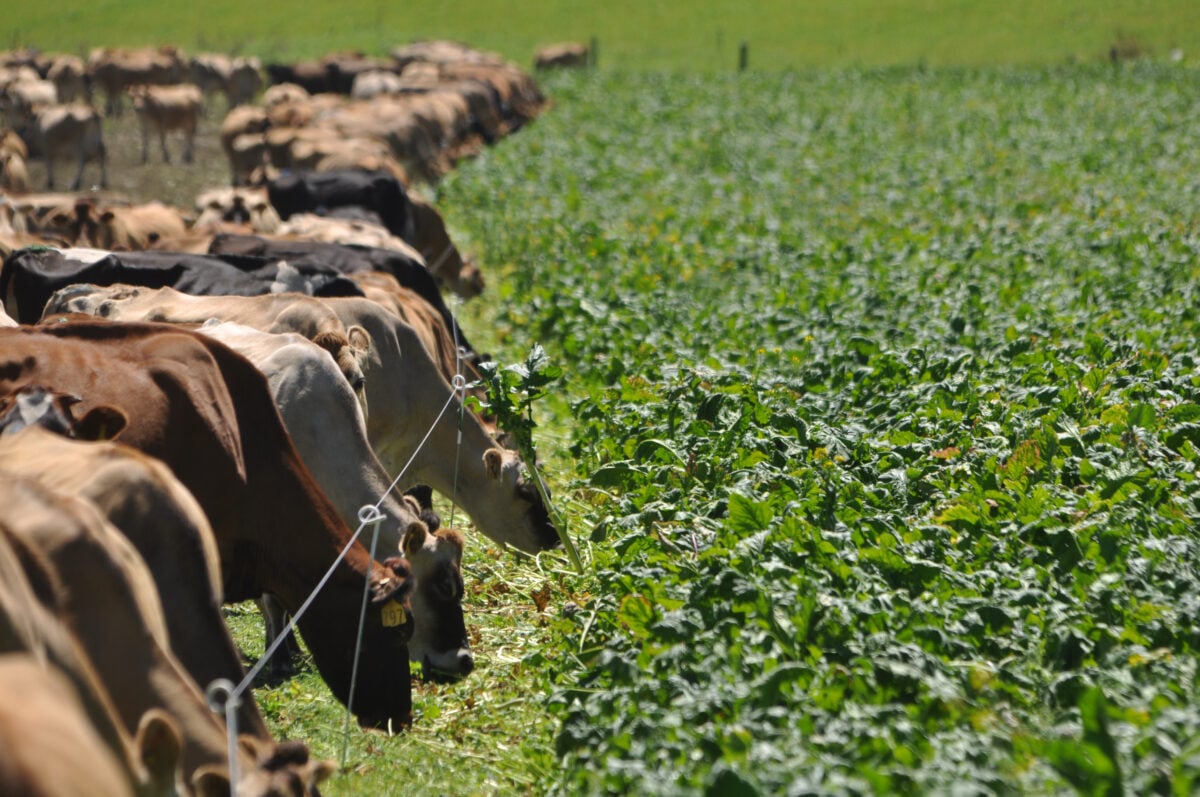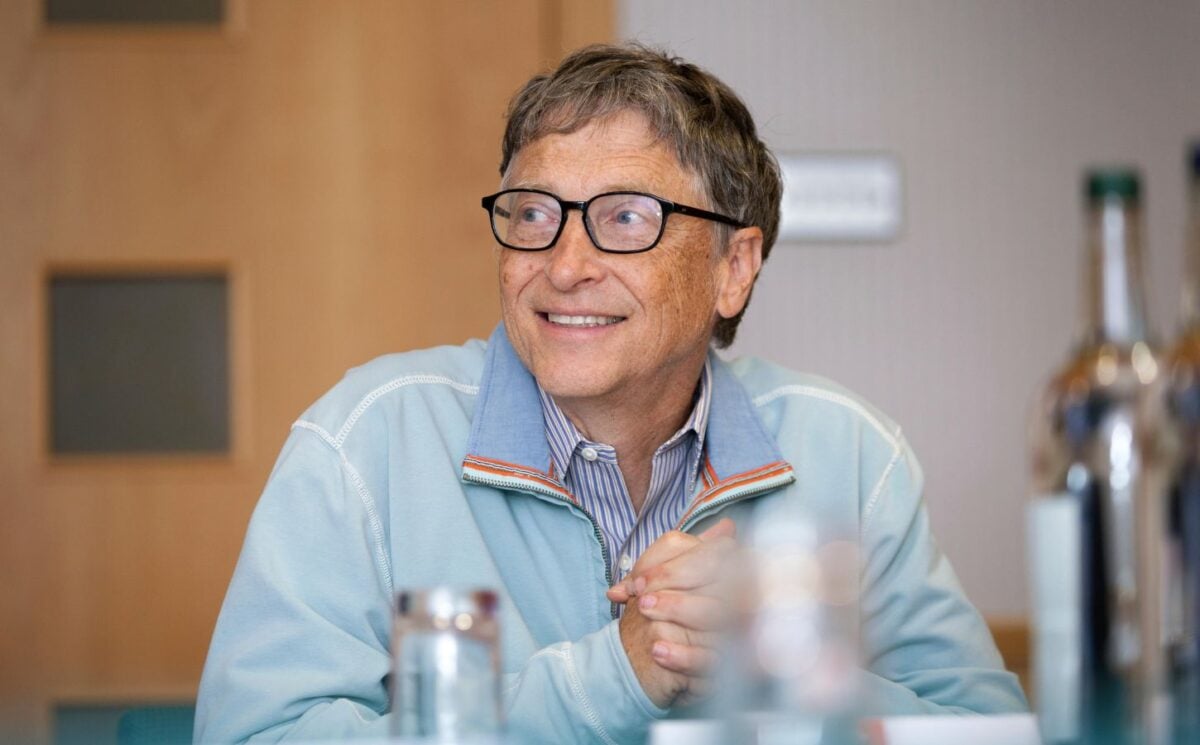Fat imparts crucial flavor and texture to food. But, when it comes from animals, it has a big environmental and ethical cost. Now, a start-up backed by Bill Gates says it can make butter without animals or any kind of farming at all, using carbon dioxide and a bit of chemistry
Read more: Cultivated Meat Is Cleared for Sale In The US – Here’s What That Means for Consumers
Savor, a food tech company based in California, heats up carbon dioxide and hydrogen, then mixes them with oxygen to create fat molecules. Chemically, the resulting product is identical to fat from animals or from vegetable oils. A paper in Nature co-authored by Savor’s CEO Kathleen Alexander estimates that the “butter” could produce less than 0.8g CO2 equivalent per calorie. By comparison, regular butter generates around 2.4g CO2e per calorie. Plant fats can also have a large carbon footprint. Palm oil grown in Africa, for example, can produce more than 3 g CO2e kcal, according to the Nature study.
Gates, who is an investor in Savor, wrote on his blog that he had tried the carbon-based fat and “couldn’t believe I wasn’t eating real butter.” He added that it “tastes like the real thing, because chemically it is.”
Food without farming
Land use is a major reason that animal agriculture has such a huge environmental impact. Agriculture takes up half of the world’s habitable land, with grazing land and animal feed taking up three-quarters of that. Synthetic fertilizers, pesticides, and methane emitted by cows also contribute to agriculture’s environmental footprint.
Savor’s carbon-based fats aim to solve these problems, as well as tasting like the “real” thing, which plant-based alternatives often struggle to do. Instead of using agricultural waste or by-products, Savor uses carbon. “The feedstock for our butter requires a source of carbon,” Alexander told Plant Based News. “There are many possible sources of carbon, but two of the most abundant are CH4 (methane) which can come from fossil or biogenic sources, or CO2, which can come from fossil, biogenic, or mineral sources. CO2 can also be sourced directly from the atmosphere, but that is currently more expensive.”

Land use for synthetic butter would be “an order of magnitude smaller than that of agricultural fats,” according to the Nature study.
Read more: What Is Precision Fermentation, And Could It Replace Animal Farming?
While Savor is starting with fats, there is potential for carbohydrates and proteins to be produced without farming too. Indeed, it’s been done before. An example given in the Nature study is the synthesis of the amino acid methionine to treat malnutrition in the post-war period by a German company. It later became used as an additive for animal feed.
Savor acknowledges that one of the potential barriers to making its products commercially successful is consumer acceptance. There is also a risk of unintended consequences. As the authors of the Nature study write, “it is possible that synthetic food production would entail greater quantities of mined minerals and metals than does conventional agriculture, which itself uses substantial quantities of such materials for fertilizer factories and agricultural machinery.” These issues require “further analysis.”
Read more: US To Test Ice Cream And Butter For H5N1 Bird Flu Virus






